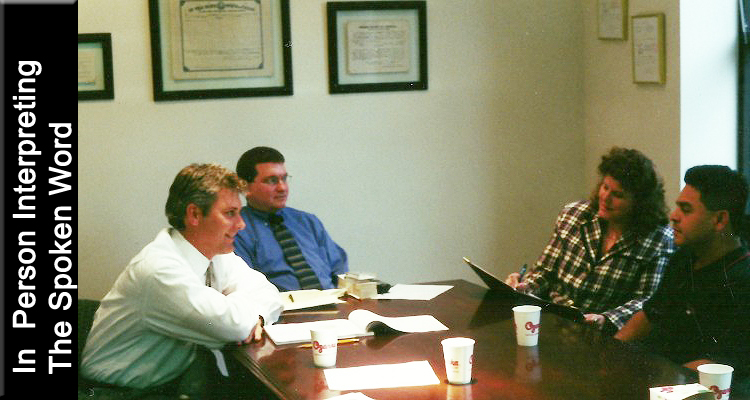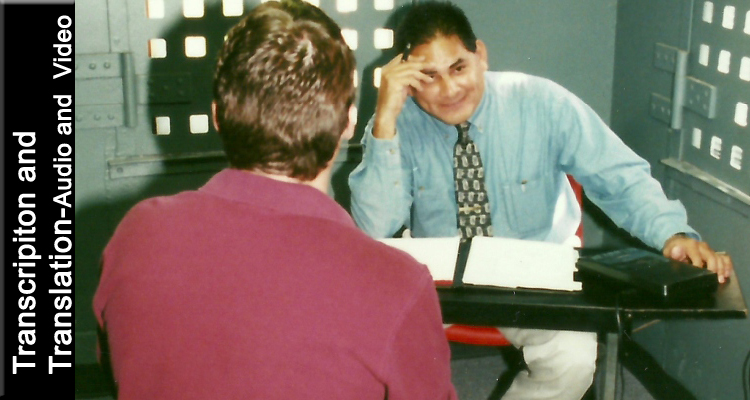Rules
 The Court Interpreters Act USC
The Court Interpreters Act USC Interpreters should be familiar with the Civil and Criminal Codes (Rules of Procedure) that apply to them:
Texas Civil Practice and Remedies Code; Chapter 21, Subchapter A (Deaf Interpreters)
B (Spanish Language Interpreters in certain Border Counties) C (Interpreters For County Courts At Law, Duties, Appointment, Termination Oath) D (Interpreter’s Fee)
Texas Code of Criminal Procedure
Chapter 38 Evidence in Criminal Actions
Interpreter’s Code’s of Ethics
Codes of ethics have proven to be critical for the understanding and adherence of the oath given to the judicial interpreter. They serve to protect both the interpreter and the recipients of the service rendered by an interpreter. They safeguard the principles of the judicial system.
In Texas, licensed court interpreters are bound to the LCI Code of Ethics and Professional Responsibility
Licensed Court Interpreters Administrative Rules of the Texas Department of Licensing and Regulation
Canons : The Accuracy And Completeness, Representation Of Qualifications, Impartiality And Avoidance Of Conflicts Of Interest., Professional Demeanor., Confidentiality, Scope Of Practice., Assessing And Reporting Impediments To Performance, Duty To Report Ethical Violations., Professional Development And Professional Development
The National Association of Judiciary Interpreters and Translators has a Code of Ethics and Professional Responsibilities.
For Conference Interpreters
Code of Professional Ethics
Professional Standards
Who Regulates Judicial Interpreters? |
In Texas, licensed court interpreters are licensed and regulated by the Texas Department of Licensing and Regulation. (TDLR)
Administrative Rules for Texas Court Interpreters
Federal Court Interpreters are certified by the Administrative Office of the United States Courts
Through the Federal Court Interpreter Program
 Interpreter’s Oaths
Interpreter’s Oaths
The interpreter’s oath symbolizes our dedication to providing this service with integrity. It is a pledge that binds us to professional responsibility and neutrality which protects the sanctity of the testimony. The court reporter, who is an officer of the court, administers the oath to the interpreter first before administering the oath to the witness through the interpreter. The Interpreters oath that is standard among court reporters in Texas is as follows:
Uniform Format Manual Court Reporters Certification Board
OATH TO THE INTERPRETER
COURT REPORTER: "Do you solemnly swear or affirm that the interpretation you will give in this deposition will be from English to Spanish/Vietnamese/etc. and from Spanish/Vietnamese/etc. to English to the best of your ability?"
INTERPRETER: "I do."
Here are other versions from around the United States that demonstrate a wide range of duties and responsibilities accurately reflecting the true skill and training of a qualified interpreter:
Judges’ Guide to Standards for Interpreted Proceedings
Do you solemnly swear or affirm that you will interpret accurately, completely and impartially, using your best skill and judgment in accordance with the standards prescribed by law and [the code of ethics for legal interpreters]*; follow all official guidelines established by this court for legal interpreting or translating, and discharge all of the solemn duties and obligations of legal interpretation and translation?
Interpreter Oath - Tennessee Supreme Court Rule 42, §4(b)





